In the vast realm of literature, authors have often displayed their creativity not only through the content of their books but also through the titles they choose.
While concise and catchy titles may be the norm, some authors have taken a different path, crafting book titles that are veritable tongue twisters and epitomes of verbosity.
In this blog post, we embark on an enthralling exploration of the longest book titles in the world, showcasing the ingenuity, humor, and eccentricity of these remarkable literary creations.
1. The Guinness World Records for Longest Book Title
When it comes to recognizing extraordinary achievements, the Guinness World Records takes center stage.
In the realm of book titles, the organization has acknowledged a few exceptional works.
Here are some of the longest titles to have received the prestigious recognition:
- The Guermantes Way: In Search of Lost Time, Volume 3 by Marcel Proust.
- The Incredibly Strange Creatures Who Stopped Living and Became Mixed-Up Zombies!!? by Johnny Legend.
2. Lengthy Literary Classics
Literary classics have often boasted lengthy titles, capturing the essence of the narrative within a single breath.
Here are a few examples of these enduring works:
- The Sound and the Fury: A Tale of Two Families, The Compsons and The Sartorises, in the Old South by William Faulkner.
- One Hundred Years of Solitude: The Story of the Buendía Family and the Town of Macondo by Gabriel García Márquez.
3. Quirky and Humorous Long Titles
Sometimes, authors leverage the length of their book titles to inject humor or whimsy into their works.
These quirky titles demonstrate the playful side of literature.
Here are a couple of noteworthy examples:
- Finnegans Wake: A Work in Progress, An Unfinished Symposium, and an Experimental Novel by James Joyce.
- To Say Nothing of the Dog: How We Found the Bishop’s Bird Stump at Last by Connie Willis.
4. Academic and Scholarly Works
In the realm of academia, it is not uncommon for scholarly works to feature extensive titles, often reflecting the depth and breadth of their subjects.
Here are a couple of examples from this genre:
- The Economic Consequences of the Peace: A Study of the Versailles Treaty and Its Aftermath by John Maynard Keynes.
- An Inquiry into the Nature and Causes of the Wealth of Nations: The Role of Economic Freedom in Prosperity by Adam Smith.
5. Contemporary Writings with Extended Titles
Modern authors continue to push the boundaries of creativity, incorporating lengthy titles that demand attention.
These contemporary works embrace the art of linguistic expansion.
Check out these intriguing examples:
- The Brief Wondrous Life of Oscar Wao: A Darkly Comic Tale of a Dominican Family’s Struggle by Junot Díaz.
- The 100-Year-Old Man Who Climbed Out the Window and Disappeared: A Quirky Adventure of Aging and Absurdity by Jonas Jonasson.
Here are some examples of books with exceptionally long titles:
“The Guernsey Literary and Potato Peel Pie Society” by Mary Ann Shaffer and Annie Barrows

“Alexander and the Terrible, Horrible, No Good, Very Bad Day” by Judith Viorst

“The 100-Year-Old Man Who Climbed Out the Window and Disappeared” by Jonas Jonasson

“The Unbearable Lightness of Being” by Milan Kundera
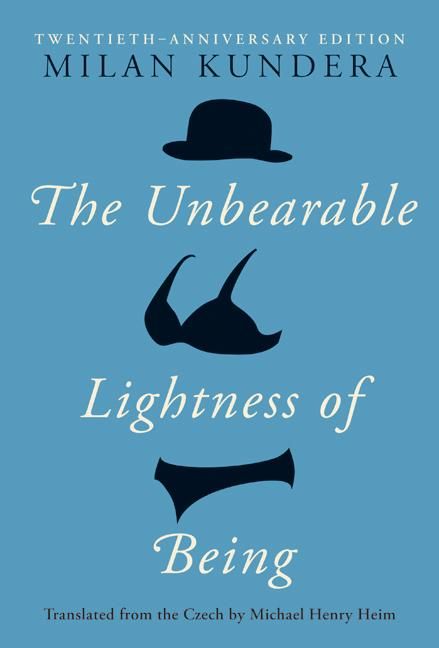
“The Curious Incident of the Dog in the Night-Time” by Mark Haddon
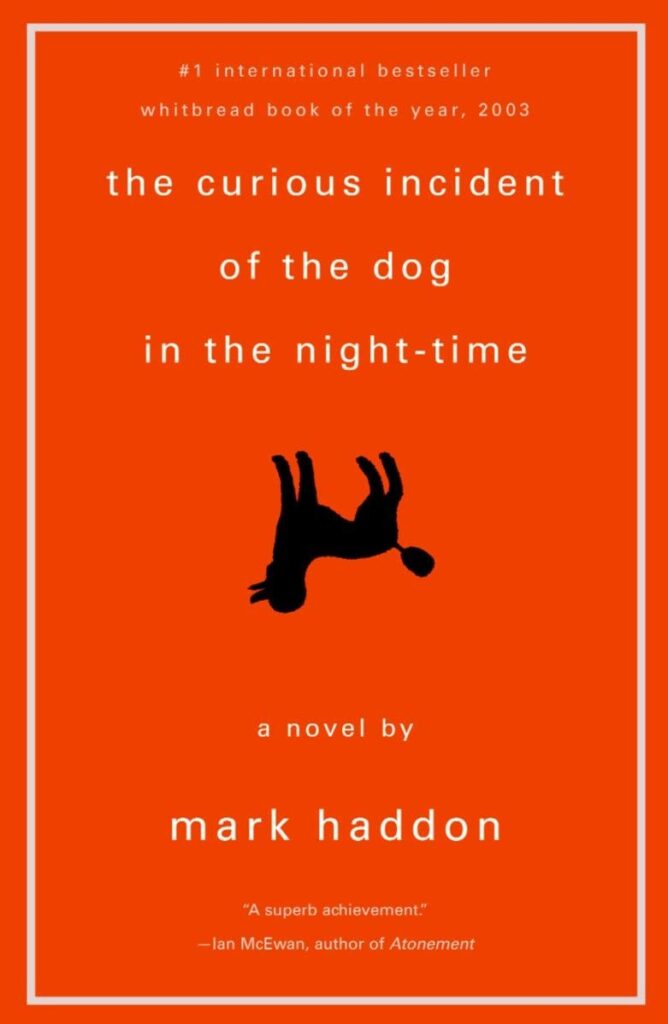
“The Hitchhiker’s Guide to the Galaxy” by Douglas Adams
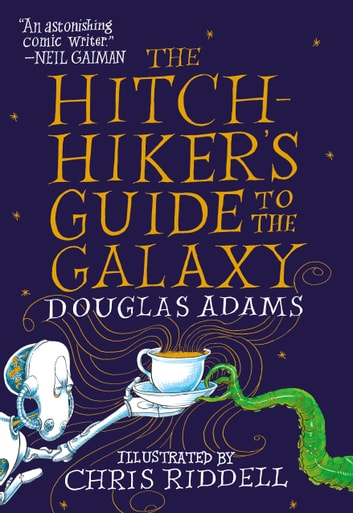
“From the Mixed-Up Files of Mrs. Basil E. Frankweiler” by E.L. Konigsburg
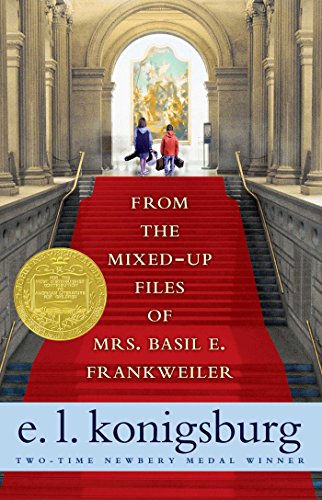
“The Girl with the Dragon Tattoo” by Stieg Larsson
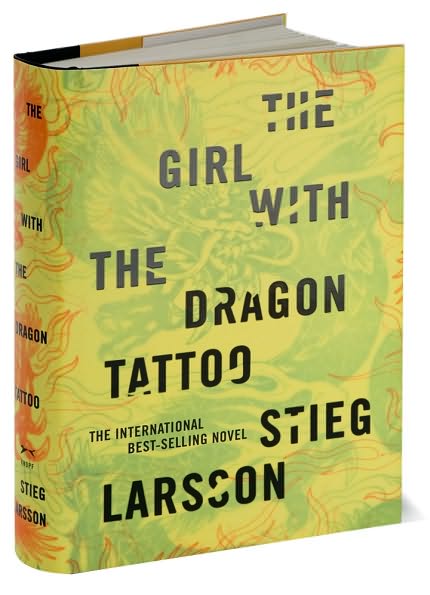
“One Hundred Years of Solitude” by Gabriel Garcia Marquez
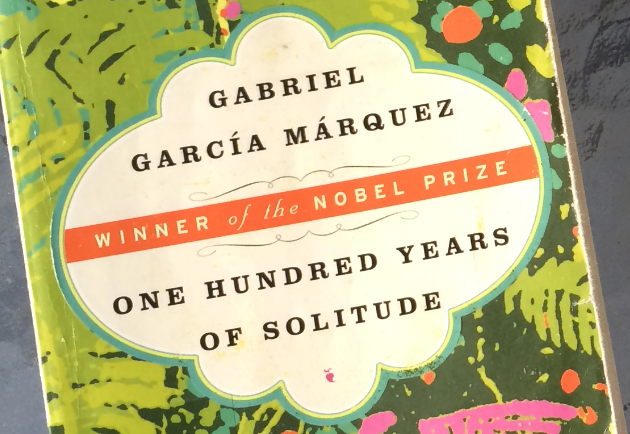
“The Fault in Our Stars” by John Green
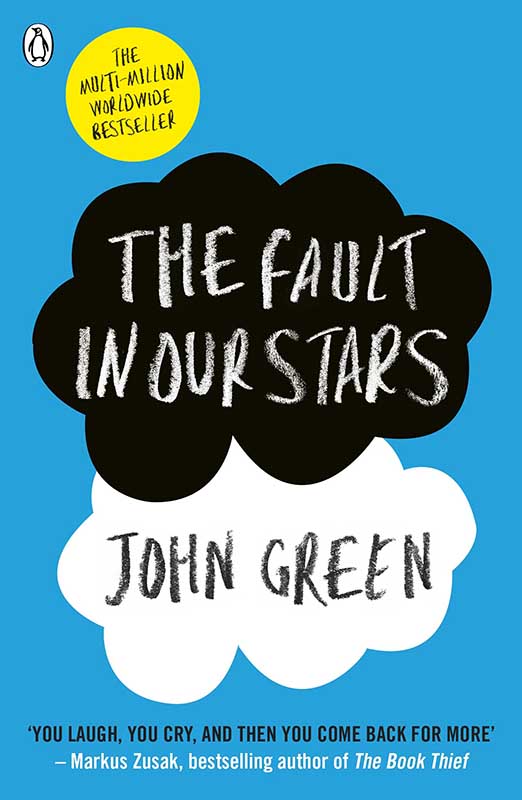
Conclusion
As we conclude our journey through the longest book titles in the world, we marvel at the literary brilliance displayed by authors throughout history.
From Guinness World Records to literary classics, from humor-filled tales to scholarly works, these titles captivate readers and invite them into a world of imagination and wonder.
Whether these extended titles are a deliberate ploy to stand out or a genuine reflection of the narrative within, one thing is certain—they leave an indelible mark on the literary landscape. So, the next time you encounter a book with an incredibly long title, embrace the adventure it promises.
Let yourself be drawn into the labyrinth of words and let the author’s creativity unravel before your eyes.
In a world where brevity often reigns supreme, these lengthy book titles serve as a delightful departure from the norm.
They challenge readers, intrigue them, and ignite their curiosity. While some may argue that concise titles are more effective in capturing attention, there is an undeniable charm to these verbose masterpieces.
So why do authors choose to embark on the quest for the longest book titles?
Perhaps it is a deliberate strategy to stand out in a crowded literary landscape.
A lengthy title can be a bold statement, daring readers to pick up the book and discover what lies within its pages.
It can be a way to pique interest and generate buzz, creating a memorable impression.
Moreover, a lengthy title can also be an integral part of the author’s creative vision.
It may encapsulate the essence of the story, conveying its complexity, depth, and themes. In a single string of words, it can provide a glimpse into the narrative world that awaits the reader.
These titles become an extension of the author’s artistic expression, a unique brushstroke on the canvas of literature.
In the digital age, where search engine optimization and discoverability are crucial, the length of a book title can also play a role.
A longer title may include more keywords and phrases, increasing the chances of the book being found by potential readers who are searching for specific themes or topics.
However, it is important to note that not all long book titles are created equal. Some may feel convoluted or excessive, veering into the realm of self-indulgence.
The challenge for authors lies in striking a balance between creativity and clarity. A title should captivate without overwhelming, engage without confusing.
It should be an invitation rather than a barrier.










